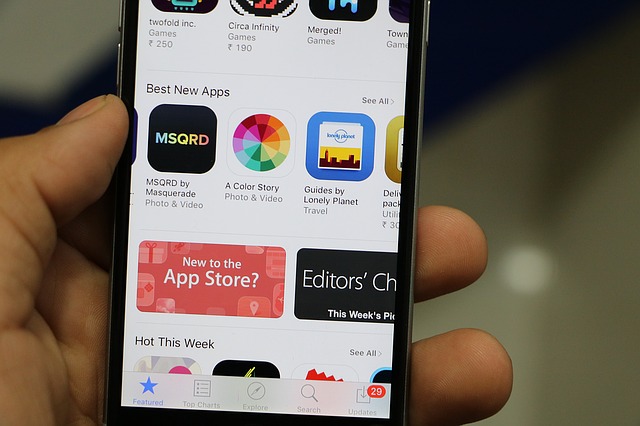Apple carried out one of the most extensive single-day purges of apps on its platform by removing about 39,000 games from its China store. The company said the apps that were removed lacked the necessary license from the government.

Developers of the removed apps had it coming when Apple warned in August of carrying out such a step. Over the summer, the company removed more than 30,000 apps, mostly games, from its China App Store. Out of the top 1,500 paid games on the China App Store, only 74 could be found after Apple’s sanctions. Top among the list of affected games were Assassin’s Creed Identity by Ubisoft and NBA2K20.
Every developer needs to have their apps or games approved by regulators in China before publication on App Stores. However, this can be a tedious process, especially for developers from western countries. One of the requirements for approval by Chinese regulators is the ISBN obtained from the government.
This can be pretty difficult to obtain, except a non-Chinese developer decides to collaborate with a Chinese publisher before their app is released to the public. Until recently, developers could still host their apps on the App Store pending approval from regulators. This rule is no longer in place, Gizmodo reports.
The current purge saw the majority of games removed. However, other apps were also affected in what totaled about 46,000 apps. The Chinese government has long been known to be strict regarding apps that appear on its App Store, with Apple having no choice but to bow to such pressure. Last year, the company was forced to remove from the App Store an app used by Hong Kong protesters to track the police.
The Chinese government had queried Apple for hosting the app and being an accessory to illegal activities. Apple was also forced to remove the Quartz news app from its China App Store within the same period after the app provided extensive coverage of the Hong Kong protests.
Apple is only treading with caution in the Chinese market for a number of reasons. China is the company’s second-largest market, and most of its supply chain is based in an Asian country. The heavy reliance of Apple on Chinese factories could be seen firsthand during the pandemic when the launch of its flagship iPhone 12, among other products, was delayed. The bitter trade war between the US and China has seen Apple considering another manufacturing hub outside of China.
While the licensing law has been in place in China since 2016, observers say the strict compliance required by Chinese regulators could be exacerbated by the worsening tensions between the US and China. Financial analysts say Apple could lose only an estimated $340 from sales since most of the games bringing in large revenues for the company are already licensed.
Source: macrumors.com
